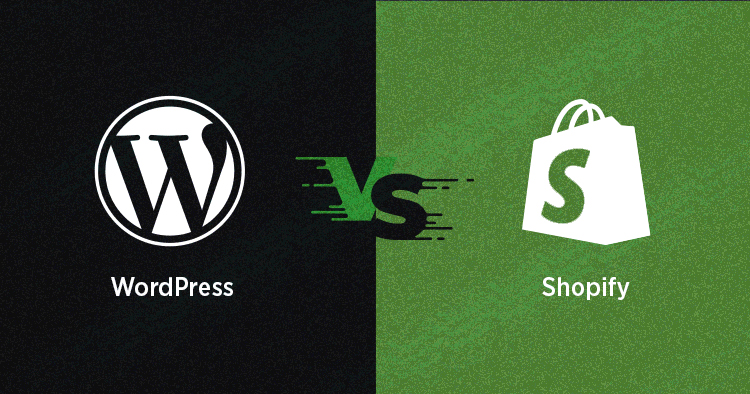Explore the key differences between WordPress and Shopify, helping you choose the right platform for e-commerce, information sites, and beyond.
When it comes to building an online presence, choosing the right platform is crucial. WordPress and Shopify are two of the most popular website-building platforms, but they serve different purposes. While WordPress is a versatile content management system (CMS) that can be customized for any type of website, Shopify is a dedicated e-commerce solution designed specifically for selling products online.
WordPress: The Ultimate Flexible CMS
WordPress is an open-source CMS that powers over 40% of websites worldwide. It is well-known for its flexibility, making it ideal for blogs, business websites, and content-heavy platforms. With thousands of themes and plugins available, WordPress allows users to create highly customized websites.
- Best for: Blogs, business websites, content-driven sites, and flexible e-commerce.
- Features: Offers customizable themes, thousands of plugins, open-source development, and built-in SEO features.
- E-Commerce Capabilities: Requires WooCommerce (a plugin) to enable e-commerce functionality, allowing users to sell products online efficiently.
- Pros: High customization, better for content marketing, scalability, and a large community for support.
- Cons: Requires more management and technical knowledge, including handling hosting, security, and updates.
Shopify: A Dedicated E-Commerce Powerhouse
Shopify is a fully hosted e-commerce platform designed for businesses that want to sell products online without worrying about technical aspects. It provides an all-in-one solution with built-in shopping cart features, payment gateways, and customer management tools.
- Best for: Businesses primarily focusing on selling products online.
- Features: Easy-to-use interface, secure payment gateways, built-in marketing tools, and dedicated e-commerce support.
- Pros: User-friendly, includes hosting, offers robust customer support, and handles security and updates automatically.
- Cons: Limited customization compared to WordPress, higher ongoing costs due to subscription fees.
Which One Should You Choose?
If your main goal is to set up an online store with minimal technical knowledge, Shopify is the better choice. However, if you need more flexibility and content marketing capabilities, and/or a basic information or business website, WordPress would be the right choice for you.

